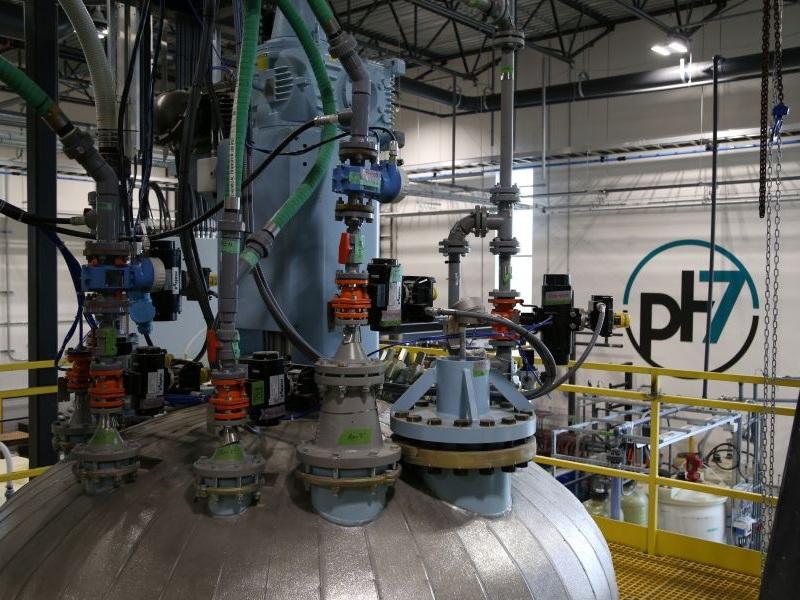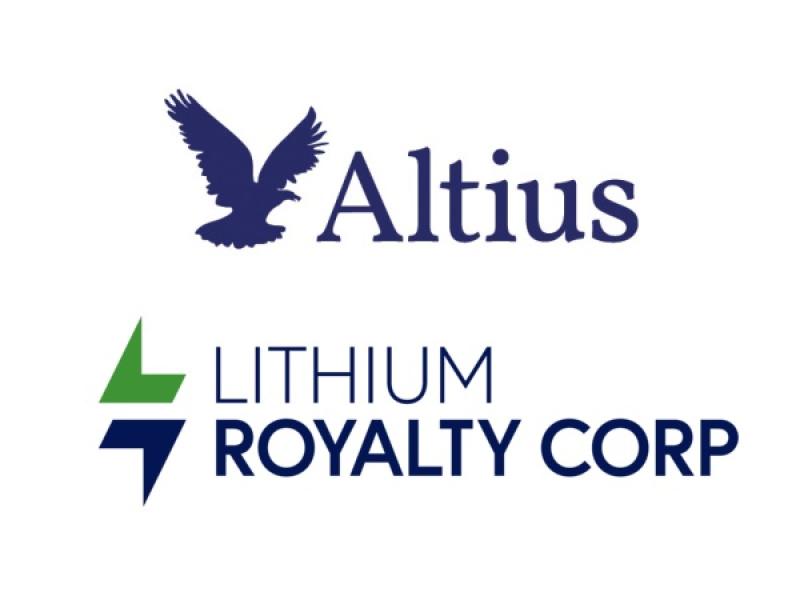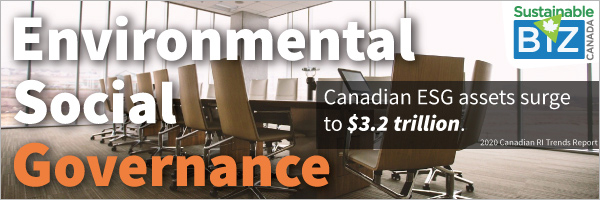Recent Articles
Capstone completes Canada’s largest solar power facility
Capstone completes Canada’s largest solar facility
Canada’s largest operating solar farm has been completed in Southern Alberta by Capstone Infrastructure Corporation. The finished project, with a capacity of 132 megawatts (MW), is located in Willow Creek about two hours south of Calgary.
Ontario power plant converted from coal to biomass
After the Ontario government passed legislation to discontinue the use of coal as an electricity generator, one of Ontario Power Generation (OPG)’s plants became one of the first in North America to be converted from coal to biomass.
UofW students win 2020 Solar Decathlon Award
• CBC
Members of a design team at the University of Waterloo placed second at the 2020 Solar Decathlon build challenge, organized by the United States Department of Energy, for designing and building a net-zero energy home in an Indigenous community near Wiarton.
Canadian business progresses on equity issues
Source Global Research has a new report about executives in Canadian consulting firms reflecting on issues of concern to Canadian business. While diversity issues are a tiny portion of their service, equity in the workplace was top of mind in 2020.
Supplying the green wave in mineral extraction
Last summer, Tesla announced it would be issuing “giant contracts” to mining companies capable of supplying nickel in an “environmentally sensitive” way. As minerals are critical to a low-carbon future, concern for how those minerals are extracted is growing.
81.2% DuPont shareholders approve plastics proposal
In a record-high vote on an environmentally-oriented shareholder proposal that was opposed by management, a whopping 81.2% of DuPont investors supported a shareholder resolution asking the company to report on plastic pellet spills that are released into the environment.
Anglo American CEO on the role of mining in society
Anglo American, CEO, Mark Cutifani, talking about the role of mining in society noted 45% of the world’s economic activity is driven by the mining sector, yet agriculture’s footprint – which takes up 50% of the world’s habitable land – mining only takes up 0.04%.
TerraCycle CEO discusses sustainable grocery shopping
With its innovative system designed to reduce packaging waste, TerraCycle’s Loop has officially launched in Canada following successful launches in the United Kingdom, France and the United States (with Japan and Australia up next).
Finance sector’s funded emissions greater than its own
• CDP • The Time to Green Finance
CDP‘s flagship report finds that portfolio emissions are over 700x larger than direct emissions – and the risks of inaction are huge. Financial institutions must urgently decarbonize their portfolios by disclosing the impact of their financing activities and setting science-based targets.
UVic students take action toward fossil fuel divestment
When the University of Victoria ended fossil fuel investments in its $225 million working capital fund in February, student activists cheered. “It has taken eight years of student action to get to this point,” says Emily Lowan, lead organizer of Divest UVic.
Banks, investors face dilemma with emissions target
• Reuters
Canadian banks’ commitments to “net-zero financed emissions” by 2050 have drawn doubts from many investors, but their growing funding for green projects also presents a dilemma for shareholders who might want to divest.
World’s asset managers support climate proposals
A recent report on the voting practices and engagement approaches of the world’s 30 largest asset managers around climate change finds that although support for proposals on the issue varies hugely, “investors are increasingly becoming transparent on climate change.”
Bell Centre first arena achieves GBAC STAR accreditation
A year after GBAC STAR Facility Accreditation was introduced by ISSA, Canadian facilities continue to achieve certification to communicate their cleanliness and infection control best practices. Montreal’s Bell Centre recently secured accreditation, becoming the first Canadian hockey arena to do so.
Fitwel Viral Response Module applied to 29M sf CRE
Fitwel®, the healthy building certification system operated by the Center for Active Design (CfAD) announced the latest names in real estate to achieve its Viral Response Module (VRM) certification, designed to mitigate the transmission of infectious respiratory diseases within buildings.
A primer on reducing embodied carbon
Decades ago, embodied energy was used to make materials and build buildings, but as buildings became more efficient, the embodied energy assumed greater significance. With high-efficiency buildings, it takes decades before the cumulative operating energy becomes greater than the embodied energy.
Companies evolve due to sustainability requirements
Fast-growing Vancouver outdoor-gear maker Arc’teryx’s executives have long been aware that increasing sales translate into a greater burden on the environment. Arc’teryx is one of the countless companies taking action to reduce corporate contributions to climate change.
More Canadian producers aim for net-zero emissions
Key questions loom for Canadian oil and gas producers with strong first-quarter results and crude prices cresting above US$65 a barrel. What will companies do with the additional cash? What steps will they take to curb greenhouse gas emissions?
Lundin sells its first ‘carbon neutral’ oil
Sweden’s Lundin Energy has sold to Italian refiner Saras what it said is the world’s first oil cargo certified as carbon neutral at the point of production for exploration, development for scope 1 and 2, but not scope 3 emissions.
One California town’s fight against climate change.
On March 1 the town of Petaluma, California banned the construction of any new gas stations, an example of what activists call a “keep it in the ground” strategy aimed at moving away from fossil fuels as quickly as possible.
US DOE selects island communities for resilience aid
US Department of Energy (DOE) experts are working with 11 remote and island communities to reduce energy costs and power outages, some by setting up microgrids. The effort, announced April 20, is part of the DOE’s Energy Transitions Initiative Partnership Project (ETIPP).
 Industry Events
Industry Events
-
ECO IMPACT 2026
Feb 19 2026
to Feb 20 2026
The Westin Calgary
-
BuildGreen Atlantic
Apr 27 2026
to Apr 28 2026
Halifax, NS
-
The Evergreen Conference
May 06 2026
to May 07 2026
Toronto, ON
-
Building Lasting Change
Jun 17 2026
to Jun 19 2026
Montréal, QC
-
Retrofit Canada Conference
Jun 24 2026
to Jun 25 2026
Halifax Convention Center











